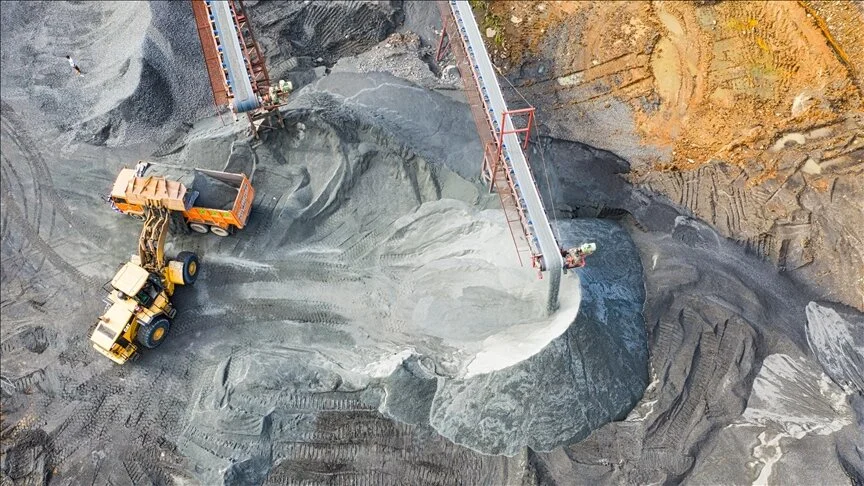OVIEDO, Spain
Portuguese regulators have issued the first environmental approval for a lithium mine project, according to a statement by mining company Savannah on Wednesday.
The Barroso Lithium Project in northern Portugal received a positive environmental impact assessment, clearing the path for the UK mining company to initiate work on the final technical design.
“This is an extremely important step forward, not only in the development of the project, but also in the development of the lithium raw material industry in Portugal,” said Savannah CEO Dale Ferguson.
Housing 60,000 metric tons of identified reserves, Portugal boasts the largest lithium reserves in Europe and ranks ninth globally, according to 2023 Statista data.
However, the project has met significant resistance from local residents and environmentalists. They argue the mining activities will have a detrimental impact on the landscape, disrupt local customs, contaminate water quality, and harm biodiversity.
Despite lithium’s critical role in battery production for environmental transition away from fossil fuels, Portugal’s Green Party remains a strong opponent of the project.
Savannah had previously submitted an environmental impact assessment that was rejected by regulators. After making modifications, it resubmitted the assessment and has now secured the green light to move forward.
In Wednesday’s statement, the company said it has agreed to construct a new road and limit the removal of vegetation in the area to certain months of the year. It has added that it will not take water from the Covas River and committed to relandscaping the area once work is finished.
However, the public consultation for the most recent environmental impact report witnessed a “record number of submissions” opposing the mine, according to anti-mine association UDCB.
Savannah predicts it could complete the remaining steps and commence the project within nine to 12 months. This announcement saw the company’s share price surge by over 20% on Wednesday.
The European Commission projects the EU’s lithium demand will surge 18-fold between 2020 and 2030, and 60-fold by 2050.

